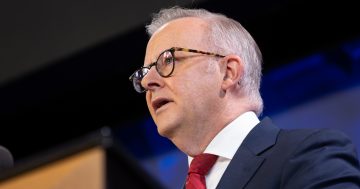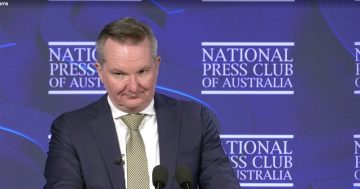 QSuper has announced it was rebalancing its global equities portfolio to take account of climate change targets.
QSuper has announced it was rebalancing its global equities portfolio to take account of climate change targets.
According to the fund the move has led to a substantial reduction of carbon emissions being financed by QSuper members.
Chief Investment Officer and Acting Chief Executive Officer at QSuper, Charles Woodhouse said the initiative was another step towards meeting a net zero emissions target by 2050.
“We will continue to monitor our investment assets and act to meet climate change challenges,” Mr Woodhouse said.
“As we outlined to members in April, this will mean a combination of activity and ongoing monitoring of assets we control and invest in,” he said.
Mr Woodhouse said it might mean divestment of assets that did not meet QSuper’s requirements and it would mean increased reporting to members of policies and practices relating to climate change.
He said QSuper regarded climate change as a substantial investment risk to manage on behalf of its members.
“Our policies recognise that our investments, unchanged, can contribute to climate change, but also that our investments will be subject to climate change risk,” he said.
“They also recognise the transitional risk to the value of some investments as economies and business practices change in a way necessary to reduce the risk to the planet of climate change.”
Mr Woodhouse said QSuper was dedicated to aligning with the targets of the Paris Agreement, or Paris Climate Accord, as it considered the impacts of climate change on members’ best financial interests.
“Our approach recognises that the Paris Agreement, which aims to limit global temperature changes to well below two degrees above pre-industrial levels by 2100, is the most orderly and lowest-cost approach to achieving the best economic outcomes,” Mr Woodhouse said.











